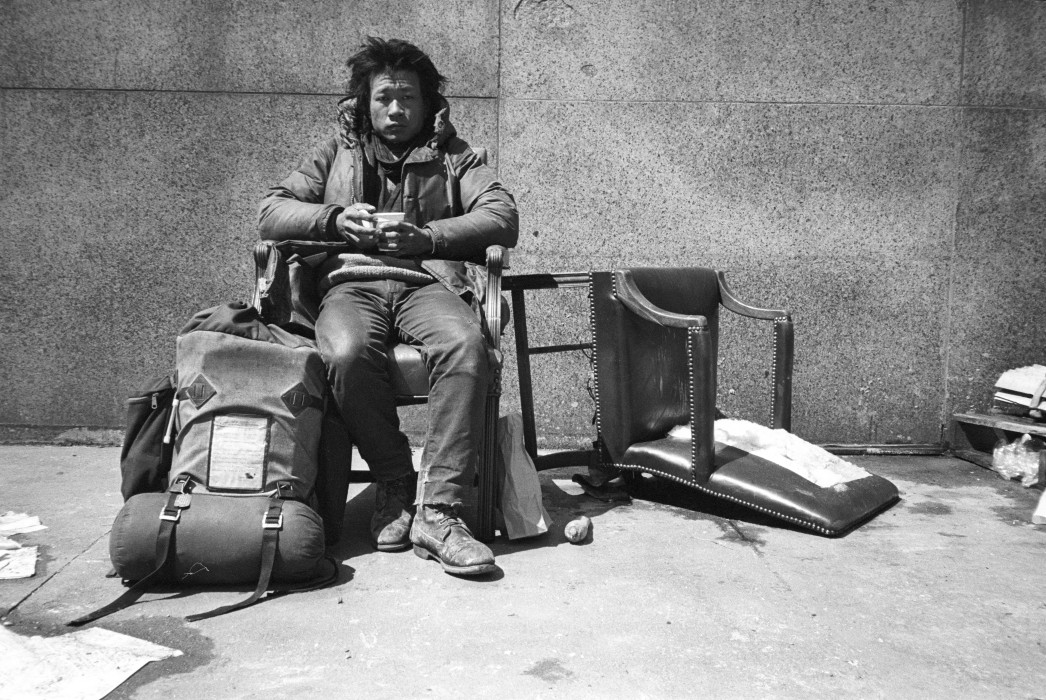Tehching Hsieh and the nature of work
May 22, 2025

Like many artists, Tehching Hsieh’s work did not become known until after it was performed. Born in Nanzhou, Taiwan, Hsieh arrived in New York City as an undocumented immigrant. He is most known for a series of five one year performance art pieces.
In Cage Piece, he locked himself in a cage built in his loft in Tribeca where he stayed for 365 days. For Time Clock Piece, he punched a time clock on the hour every hour. Next was Outdoor Piece, where he did not enter buildings or shelter, with the exception of 15 hours at a police station following his arrest. With Rope Piece, he spent a year tied to another artist, Linda Montano, and No Art Piece where he abstained from making or engaging in anything related t o art. Following this, in 1986 Hsieh announced he would spend the next thirteen years making art but not showing it publicly, called the Thirteen Year Plan. Emerging on January 1, 2000, he released a simple statement: “I kept myself alive.”
Hsieh’s work did not receive widespread recognition until 2008, when Adrian Heathfield published Out of Now: The Lifeworks of Tehching Hsieh. He remained on the fringes of the art world as a enigmatic and legendary figure.
I have been thinking about this quote from an interview with Tehching Hsieh in Believer magazine on April 1, 2019, in the context of work. Doing nothing is work. Going grocery shopping is work. Making yourself food is work. Configuring emacs is work. Doing laundry is work. Taking out the recycling is work.
- “I KEPT MYSELF ALIVE”
BLVR: If Time Clock Piece had made a million dollars back in 1981, that would have been a problem. Because it would have meant you had become part of the system.
TH: If someone had offered to pay a million dollars to do [my work], people would wait in line to do it. But wasting time is my concept. When I punched the time clock, people said, “You don’t work,” but I was doing work. Being homeless is work. Homeless people are hungry and they have to eat, right? We all have to survive. If you’re alive, you work. So freethinking is work, you know what I mean? Your life, your heartbeat—that is all work to me.
BLVR: That’s why the statement you unveiled on the last day of Thirteen Year Plan said: “I kept myself alive.”
TH: I didn’t live on the street because I wanted to be homeless or to raise [awareness about] homelessness issues. I was just saying that we are no different. I work. Just because I don’t get paid means I don’t work? No, I’m still working.
As I said earlier, when I say one thing, you have to think the opposite; you can’t just follow what I say completely. In my work, I’m working very hard, but I’m doing nothing. I pass time, but I don’t do anything [except] wait for the next hour. But because I didn’t produce anything, society says, “You are wasting your time.” But if you pay someone a million dollars to do what I did, then society says, “You are doing a good job.”
Being at work and having nothing to do is almost as bad as being swamped with work. I’m always thinking of ways to keep myself occupied but it’s not always easy.